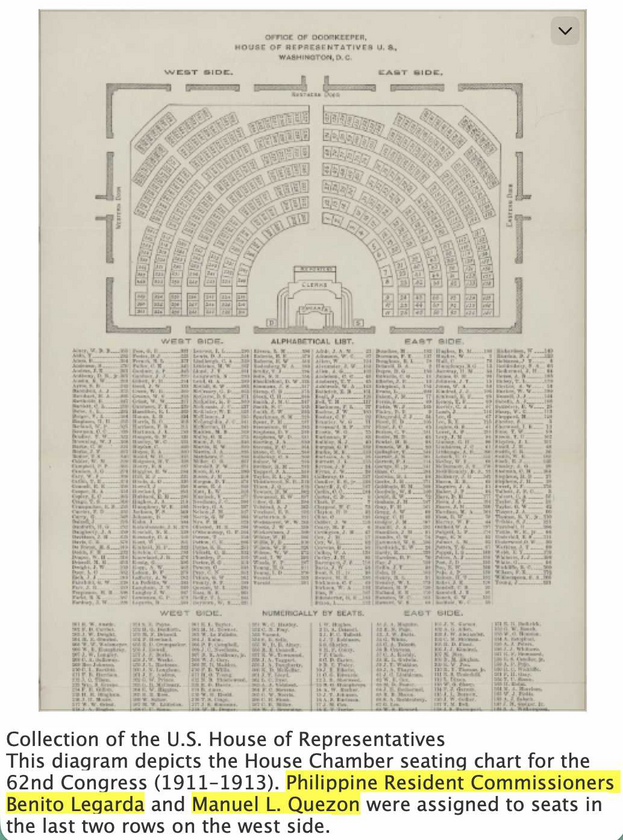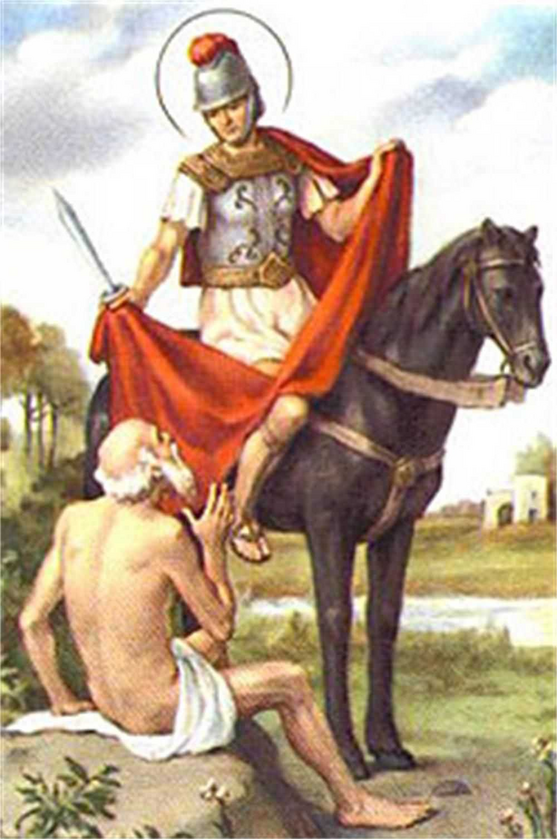You can listen to the Politics by Faith podcast anywhere, but the ad-free version, the day before, with the transcript, is only on MikeSlater.Locals.com. Thank you for subscribing!
Why would the people of Ohio vote to expand abortion to 40 weeks? It's because people view abortion as a necessary evil. But it's only "necessary" becasue people can't fathom giving up other aspects of their life that result in abortion being "necessary".
Good morning. Welcome to Morning Motivation, brought to you by Patriot Gold Group and the Public Square app. On my SiriusXM morning show, we've been talking about abortion. Of course, this is because of the vote in Ohio, which is just heartbreaking. We are a country that can't fathom not having abortion to 40 weeks. No place in Europe does that, by the way. You always hear the left talking about how we need to be more like Europe. Europe, I think it's Sweden is 22 weeks, and this is all new, England's 24, every other country's 12, 13 weeks.
We're 40, Ohio. Ohio just said, yeah, we need to be 40 weeks too. Geez. This all comes from, well, it comes from a lot of things, but one of the major forces is the sexual revolution. And I heard this analysis, and I like this, from Joseph Blackholm. He said, people don't like abortion, but they vote for it anyway. Why? Because they view it as happiness insurance. The sexual revolution has convinced the world it's impossible to be happy if you're not having sex. I'll add in here, of course, he's talking about loveless sex. So abortion is necessary because pregnancy inevitably results if you're having lots of sex. Of course, hookup culture makes people miserable, which makes it somewhat ironic that babies die and the adults are miserable anyway, but that's the way it is. Sadly, not having loveless sex is seen as more unthinkable than killing your baby. Think about that sentence. Hey, maybe everyone should stop having loveless hookup sex all the time. Oh, I could never. Not having loveless sex is seen as more unthinkable than killing your baby.
Until we destroy the lie that loveless sex equals happiness, people will continue to see abortion as a necessary evil and vote that way. That's right, the necessary evil. Wow, that's right. What a shame. So we've been talking about William Wilberforce. William Wilberforce was a British member of Parliament who was the political leader and a Christian leader of ending the slave trade. He's one of the guys who for the first time in thousands of years questioned slavery and Fought to end it This is around the period of the American Revolution that era and two things I've learned so far The book is by Eric Metaxas. It's called. I think it's called amazing grace, but just look up William Wilberforce and Eric Metaxas and you can read the book and but some things that are parallel first The first thing he tried to improve, I should say the first thing he did wasn't just end slavery. The first thing he did was sought to improve the morals of England. And the second lesson, he did it gradually. Let me explain. He had a famous line. He said, God has set before me two objects. He wasn't a Christian at birth. He was a Christian more as an adult at 20 or so. But he was, he was as an adult, right? He was a super influential, impressive, brilliant man at 22. So, he said God set before me two objects. The suppression of the slave trade and the reformation of manners. The moral condition of England at this time was horrific. I'll spare all the details, but I'll just present to you the fact that there were brothels, legal, explicitly for children under the age of 14, for instance. So child prostitution was rampant. The state of morals in England at this time was worse than America today, at least more explicitly so. So it was from that immorality, that swamp of evil, that slavery could survive and thrive. So Wilberforce knew that he had to first change people's morals. And then over time, the scales would start to fall from people's eyes because they'd be more sensitive to the sin around them. It's true when you become a Christian too, you become more sensitive to the sins that you commit. And it'd be the same for the country too. And then we could really start to expose the evils of slavery. But when people are so ignorant and blinded and hard-hearted, slavery is just the way we've always done it. We're out of sight, out of mind, which a lot of this was. So we need to do the same thing in America. We need a reformation of morals and virtue. Now, honestly, if you do that, then there will be less of a need for abortion, but people would really truly see abortion for what it is. It goes back to moral clarity. That's been the theme for the last few weeks. Israel and Hamas brought that up, right? A lot of moral confusion out there. We need some moral clarity, and this is clearly one of those issues. But we're living in a fog when it comes to our morals. Now all that being said, oh and then gradually I think the pro-life cause needs to embrace incrementalism. I think it's okay, listen I want it to be zero, zero weeks, but I think it's okay for certain states to inch in the right direction and take the wins when you can get them. If the majority of people in Ohio are only comfortable with a with an 18-week ban you take the 18-week ban and then you go to 16 you go to 14 you got that we can do that and that's okay if I may. It's better than pushing for zero and getting 40 weeks which is where they are in Ohio right now that's not gonna work now to think a lot about William Wilberforce and and the parallels of abortion to slavery and there are many but it got me thinking why is slavery in the Bible you know abortion isn't explicitly in the Bible explicitly right it's not like it says you know don't have abortions, that's not there. It's obviously there in the scriptures, but not explicitly. The Bible, Jeremiah 1, 5 says, Before I formed you in the womb, I knew you. And before you were born, I consecrated you. I pointed you, a prophet to the nations. It talks about knitting us in the womb, stuff like that, right? It's obvious how God feels about this. But what's curious is that slavery is in the Bible. A lot of directives given to slaves and to masters. So what do we, Christians, do with this? We'll talk about that tomorrow. Mike Slater dot locals dot com. Mike Slater dot locals dot com. Transcript, Night Before, Commercial Free.













